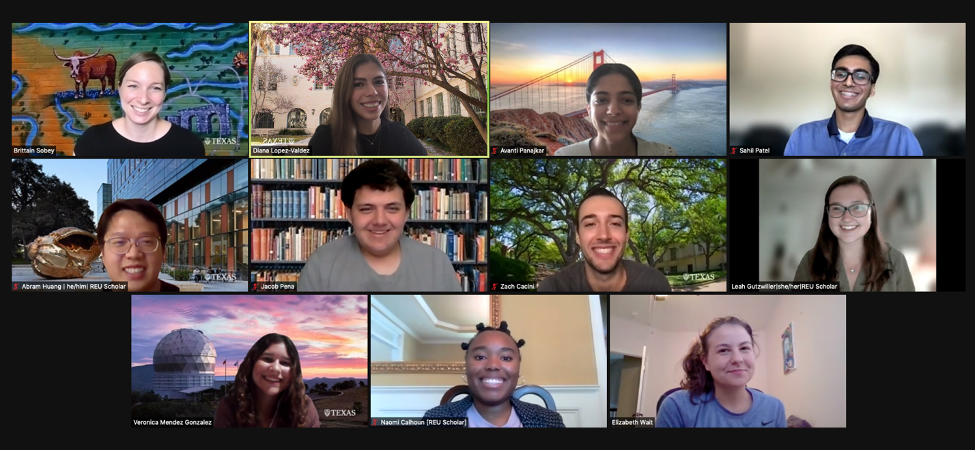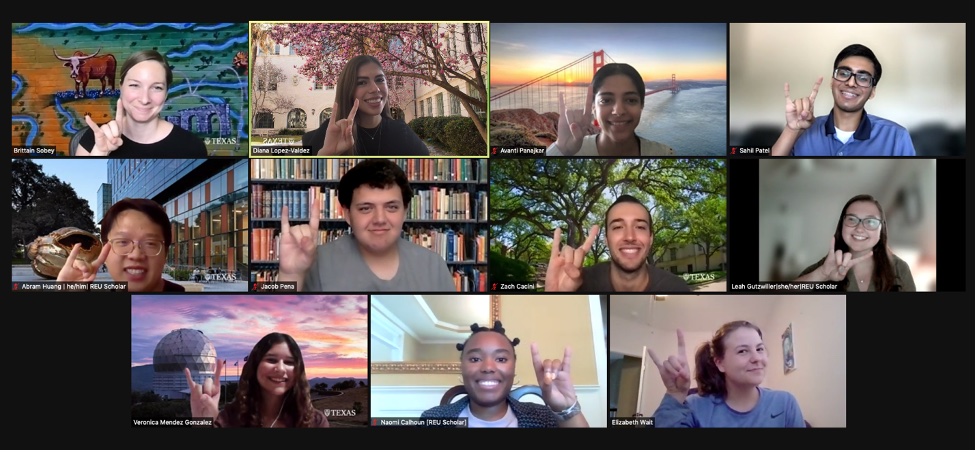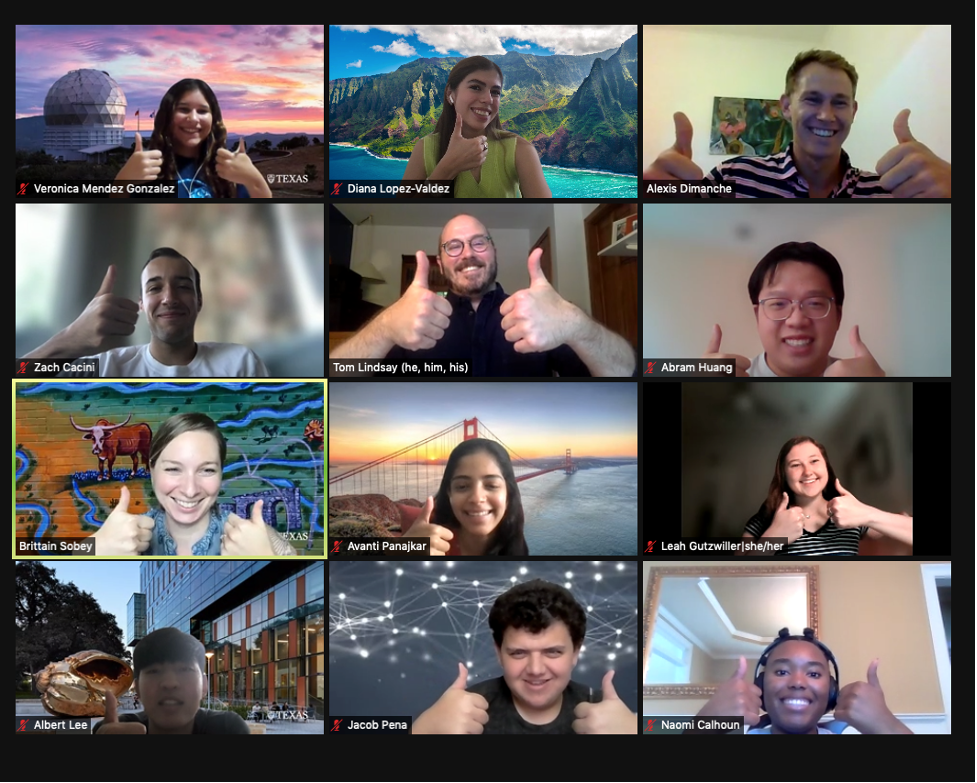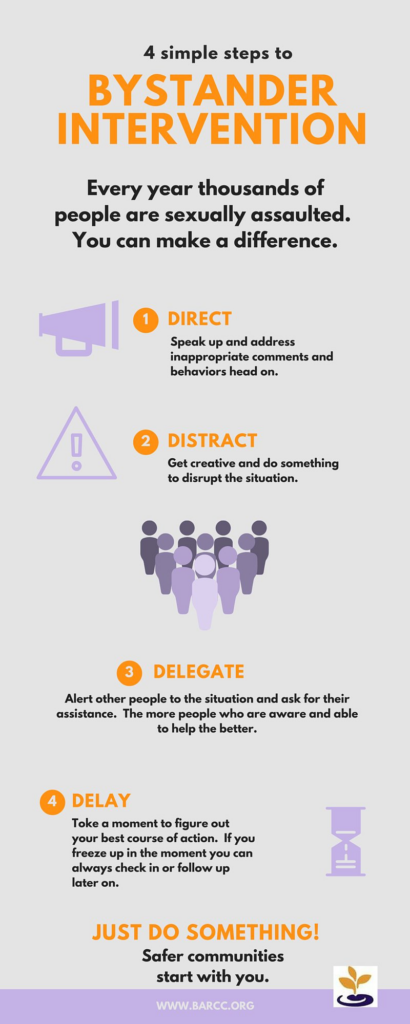Sadly, we have come to an end to our summer REU program. Throughout this 10-week research intensive program we were able to take part and contribute to a cancer research lab using an engineering approach. I was part of the Functional Optical Imaging Lab with Dr. Dunn and was able to have a sense of how a real lab functions. I am very thankful to Samuel Mihelic, my mentor, for having the patience to help and guide me through my summer research project. My summer project was based on analyzing the morphology of the neurovascular network through two photon imaging over time. I was able to gather statistical analysis of the vascular changes and present these findings with the other REU scholars.

This past Wednesday, 08/04/2021, all the REU Scholars presented their posters that will soon be seen in the BMES conference in Orlando. This gave us a chance to understand each other’s project and the different research approaches that each scholar took.

All the scholars can agree that we are excited to go the BMES Conference in Orlando and finally meet everyone in person. We still have two months to prepare, but we all know time flies fast. So, for now we can just say “See ya later and Hook ’em Horns”!

Diana Lopez-Valdez | The University of Texas at El Paso




